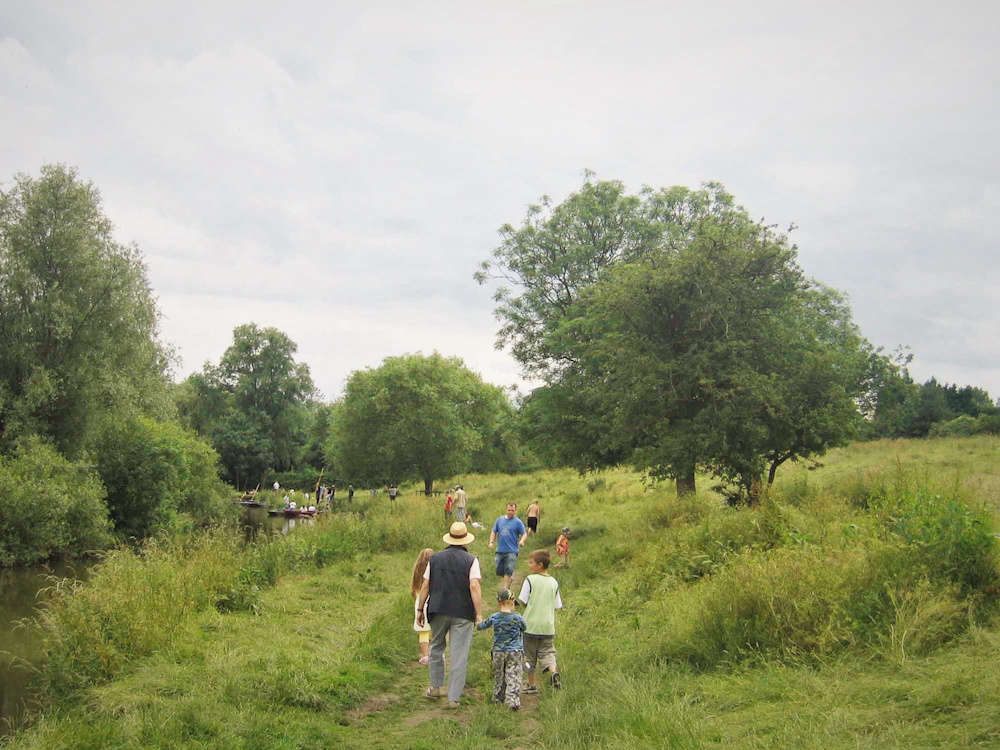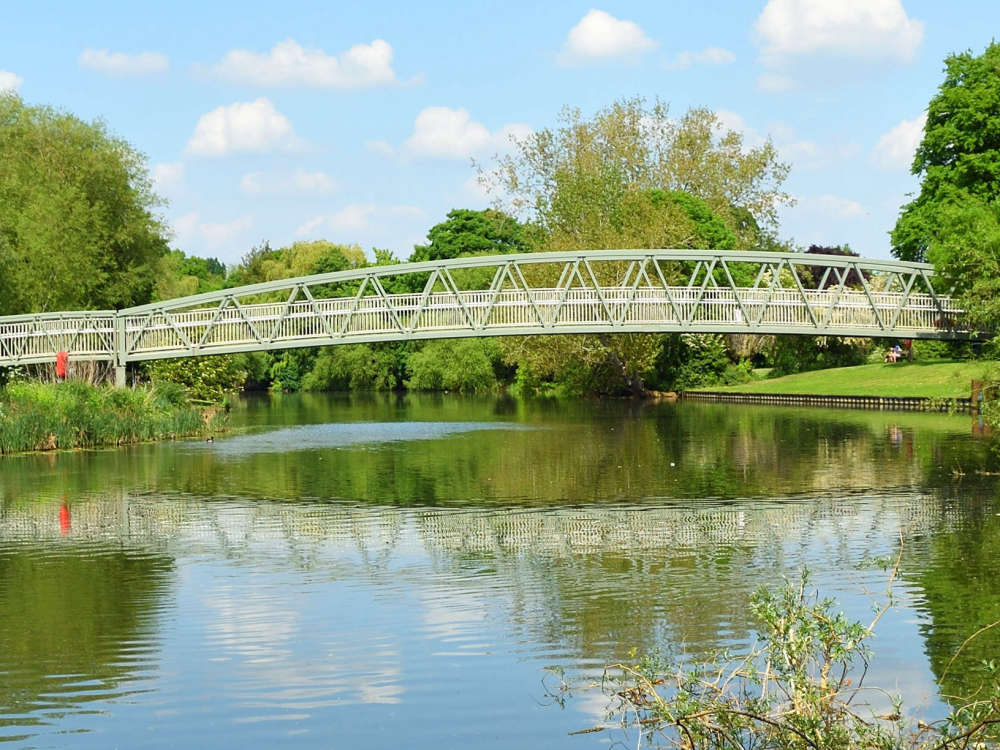
Clinicians at Cambridge University Hospitals have become the first in the UK to treat a bleed on the brain – via the wrist.
They inserted a steerable catheter into the trans-radial artery before using normal interventions, such as a mesh stent, surgical coil and glue, to close off the aneurysm.
Radiologists say the technique, an alternative to accessing the femoral artery via the groin, was such as success it paves the way for similar procedures in the future.
The technique means there is less chance or the artery or adjacent body parts being damaged and afterwards patients can move about freely, rather than lay on a bed for four hours. It’s expected they will be discharged earlier, which is good news for patients and the hospital.
Consultant interventional neuroradiologist Dr Yogish Joshi said: “The decision to use the radial artery rather the femoral artery was for medical reasons – in this case the femoral artery had some damage that made it an unviable catheter route.
“However, the success of the procedure and its clear benefits, now opens up the more widespread use of this surgical intervention technique, which will greatly benefit patients.
“Most procedures require access to the anterior [front] circulation, which is not so accessible from the radial artery. This case was a posterior [back of the brain] circulation aneurysm, and we were exploring the option of radial access at the same time as we were presented with the case. So it was fortuitous, I guess.
“It was only after we performed the intervention that we were told it was the first in the UK. The technique is widely used in Canada and in this country for interventions on other parts of the body, such as the heart.”
Coincidently, the patient who had the procedure, Stuart Johnson, 55, a director of a consultancy business with offices in London and East Anglia, has worked on projects relevant to both Addenbrooke’s and his aneurysm experience.
He was project manager on the building of the Simon Sainsbury Centre at the University of Cambridge Judge Business School on the Old Addenbrooke’s site. The £32 million centre, built on the site of the old nurses’ hostels, opened earlier this month.
As project sponsor, he was responsible for construction of the Sainsbury Wellcome Centre (SWC) for Neural Circuits and Behaviour at UCL, a gift from David Sainsbury's charity and the Wellcome Trust. SWC is a newly formed centre researching functioning of the brain and nervous system.
“I didn’t realise the procedure was a UK first until a few weeks ago,” he said.
“What I do realise, having read the outcomes of people with aneurysms like I had, is how incredibly lucky I was to be back at work five weeks after the procedure and not to have suffered any long-time side effects.
“For that, I am very grateful to the NHS and the clinicians at Addenbrooke’s.”


 Cambridge business targeted by raiders twice in 24 hours
Cambridge business targeted by raiders twice in 24 hours
 Grantchester Meadows to enjoy bright future
Grantchester Meadows to enjoy bright future
 Flying Scotsman returns to Cambridgeshire
Flying Scotsman returns to Cambridgeshire
 Man found stabbed in St Neots car park
Man found stabbed in St Neots car park



